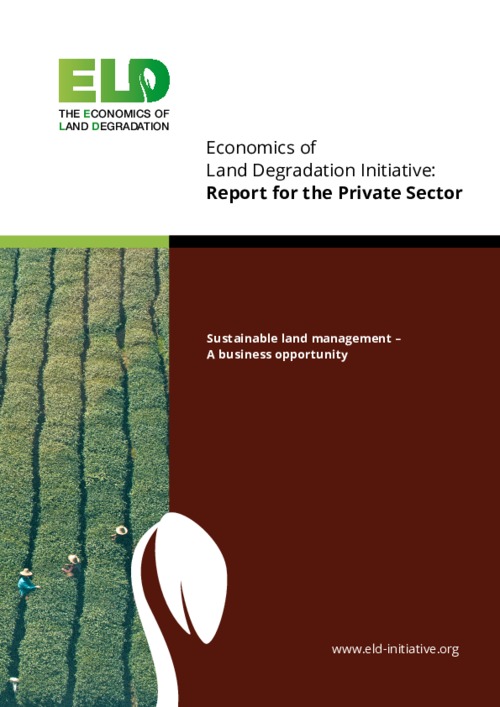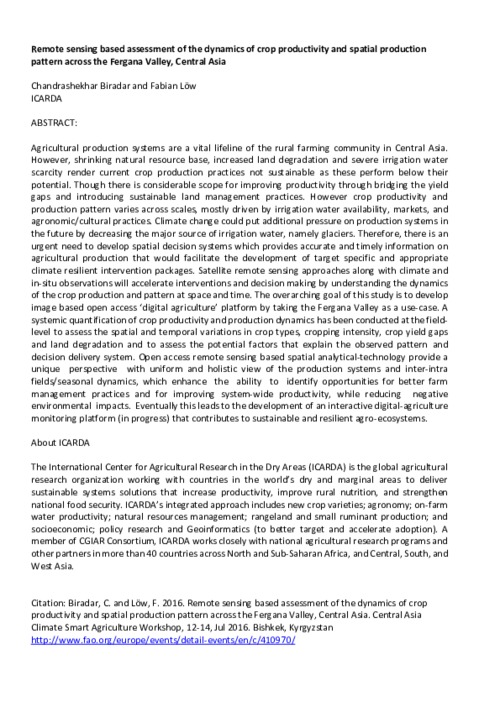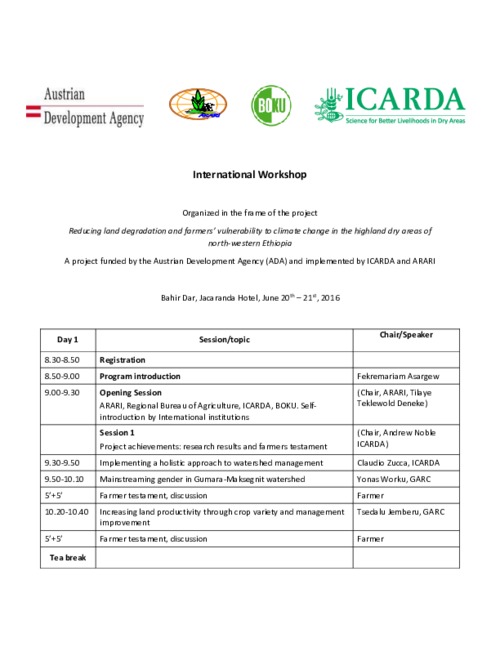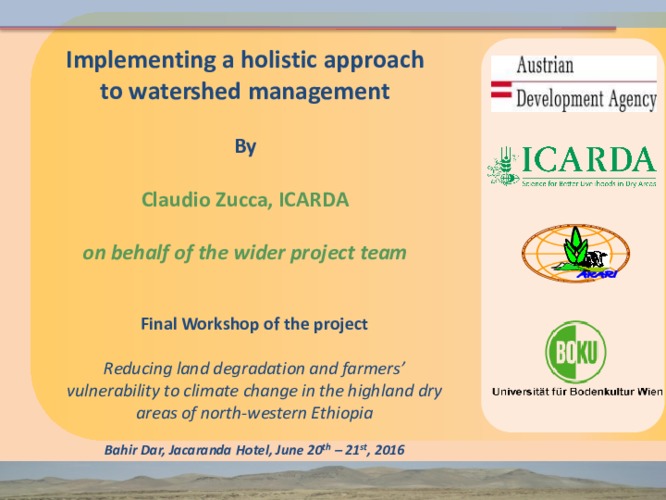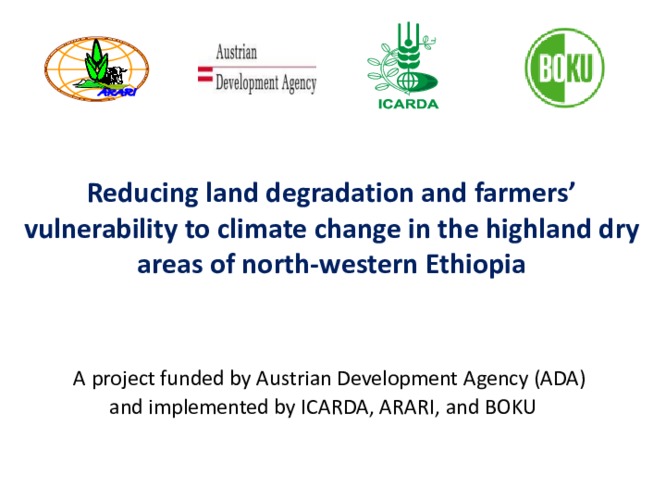Economics of Land Degradation Initiative: Report for the Private Sector
With around one third of the world’s arable land degraded, estimated annual losses of 6.3 to 10.6 USD trillion, and a projected need to increase food production from land by 70 per cent by 2050, we simply cannot afford to neglect the loss of potential production from careless land management. Whenever land is not producing at its potential,it is an under-performing asset that requires investments to ensure the future supply chains that many industries depend upon.

